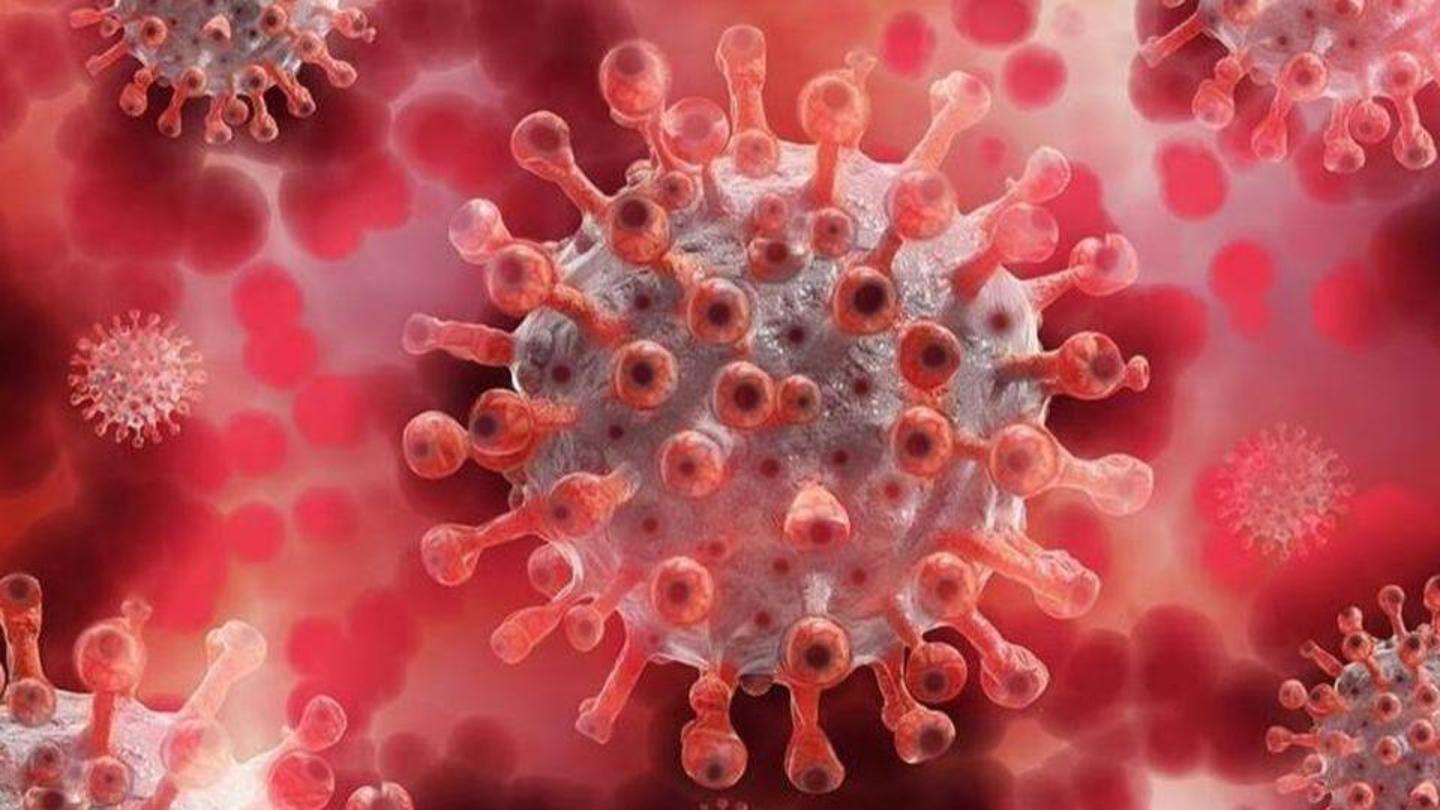
COVID-19 likely of natural origin, not leaked from lab: Study
What's the story
The SARS-CoV-2 virus, which causes COVID-19, most likely spread from an animal source to humans and did not leak from a laboratory in Wuhan, China, according to a review of existing scientific evidence by a global team of scientists. The yet-to-be-published study, posted on the pre-print server Zenodo on July 7, however, noted that a laboratory accident cannot be entirely dismissed. Here's more.
Scientific research
Twenty-one scientists around the world reviewed the current scientific evidence
The study also noted that there currently exists zero evidence for such a lab origin of the virus behind the COVID-19 pandemic. Amid a global debate around the origins of the deadly virus, 21 eminent scientists from universities and research institutes around the world reviewed the current scientific evidence to help clarify the source of the virus.
No evidence
No evidence of early cases having connection to Wuhan lab
"Our careful and critical analysis of the currently available data provided no evidence for the idea that SARS-CoV-2 originated in a laboratory," stated Professor Edward Holmes from the University of Sydney. "There is no evidence that...early cases had any connection to the Wuhan Institute of Virology (WIV), in contrast to the clear epidemiological links to animal markets in Wuhan," authors of the paper noted.
Information
Substantial body of scientific evidence supports zoonotic origin
There's also "no evidence that the WIV possessed or worked on a progenitor of SARS-CoV-2 prior to the pandemic," the authors of the study added. On the other hand, they noted, there is a substantial body of scientific evidence supporting a zoonotic origin for SARS-CoV-2.
Debate
Debate coalesced around two ideas: laboratory escape and zoonotic emergence
"While the possibility of a laboratory accident cannot be entirely dismissed...and near impossible to falsify, this conduit for emergence is highly unlikely relative to the numerous and repeated human-animal contacts that occur routinely in the wildlife trade," the authors wrote. Recent debate has coalesced around two competing ideas: a "laboratory escape" scenario and zoonotic emergence: a transfer from an animal source to human infection.
Zoonotic origin
Important to comprehensively investigate the zoonotic origin: Scientists
The global team of scientists warns that a focus on a highly improbable lab origin is distracting from the most urgent scientific tasks to "comprehensively investigate the zoonotic origin through collaborative and carefully coordinated studies." The authors of the paper also noted that without a focus on this line of inquiry, the world will be "vulnerable to future pandemics" arising from new viruses.
Information
Institutes from where researchers participated in the study
The team included researchers from the University of Edinburgh in the UK, University of Saskatchewan, Canada, University of California, Berkeley, and Pennsylvania State University in the US, the University of Otago in New Zealand, and Jiaotong-Liverpool University in China, and many other top global institutions.